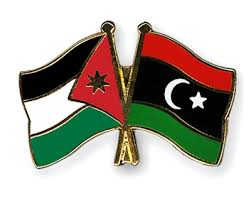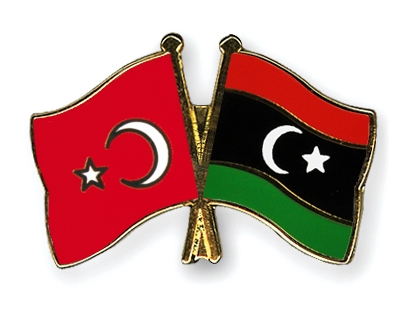By Libya Herald staff.

Tripoli, 4 November 2014:
Turkey’s special envoy for Libya, Emrullah Isler, a senior figure in Turkey’s ruling Justice and Development . . .[restrict]Party (AKP), has said that foreign intervention in Libya would undermine the drive for peace in what, he said, has become a deeply divided country.
Back in Ankara after seeing Prime Minister Abdullah Al-Thinni and Foreign Minister Mohamed Al-Dairi in Beidi Isler told reporters: “It is the Libyans themselves who can restore peace and stability in the country.”
Isler insisted that the current political crisis in the oil-rich country could only be solved through political dialogue.
This was the Turkish special envoy’s second visit to Libya since 21 October. At that time he had not gone on to the government in Beida from a meeting with Libya Dawn representatives in Tripoli “for technical reasons” said the foreign ministry in Ankara. A spokesman insisted that Isler’s goal was “keeping the dialogue channels open with all parties in Libya, and contributing to the cease-fire, dialogue and reconciliation efforts”.
Thinni agreed that foreign intervention must be rejected and said that the best way for the Libyan people to build a democracy was through the “ballot box”.
“The people have clearly expressed their wishes through the 25 June election,” he said, “but there are some parties who wish to control the population through force in the name of Islam.”
Thinni went on to point out to the Turkish envoy that thousands of families had been displaced and many homes burnt by militias seeking to force the legitimately elected House of Representatives (HoR) out of power.
“This government, which emerged from the House of Representatives, is the legitimate Libyan government, representing all regions in Libya,” Thinni said. “The militias that have occupied Tripoli and the government ministries inside the capital must pull out.”
Thinni concluded by thanking the Turkish special envoy for his visit and saying that he hoped to strengthen the relationship between the two countries in the coming weeks. Foreign minister Dairi added that Turkish firms were welcome to return.
Isler said that he was pleased that Libyan authorities had denied claims that Turkey had provided weapons to rebel groups in the country, as some military officials had reportedly told new sources last month.
Relations between Turkey and Libya have been strained over the past few months. In July, when retired General Khalifa Hafter told all Turks and Qataris to leave the country immediately because of ties with the Muslim Brotherhood, the Turkish government responded by facilitating the evacuation of all of its citizens. The relationship took another hit when Turkish President Recep Erdogan said on Al-Jazeera TV that Turkey could not accept the Libyan legislature’s meeting in Tobruk. [/restrict]











